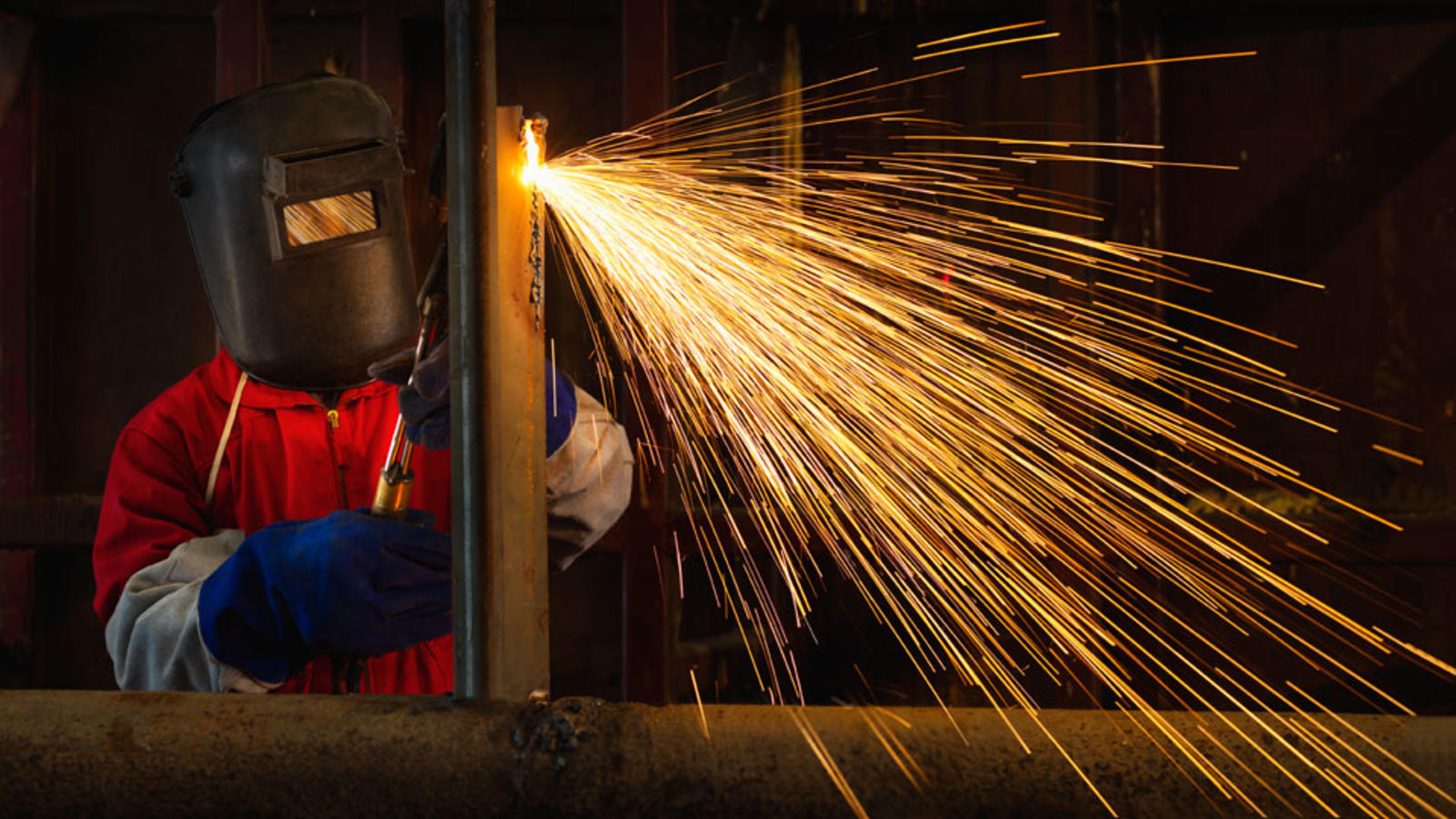Understanding Welding WPS Criteria: Ideal Practices and Techniques for Quality Welds
In the world of welding, grasping Welding Procedure Specification (WPS) requirements is a crucial part that directly influences the quality and honesty of welds. Sticking to these standards ensures uniformity and dependability in welding end results. Nevertheless, accomplishing excellence in welds exceeds simply recognizing the standards; it entails applying ideal methods and techniques that elevate the craft to a degree of accuracy and ability that sets apart the standard from the outstanding. As we browse through the ins and outs of welding WPS standards, discovering essential insights and approaches for achieving top-tier welds will be extremely important for welders seeking to master their craft and create welds that stand the test of time.
Understanding Welding WPS Standards

Comprehending WPS requirements is important for welders, engineers, and examiners involved in welding operations. By following WPS standards, welders can create welds that satisfy the required mechanical properties and architectural stability. Inspectors rely upon WPS documentation to validate that welding procedures are being adhered to appropriately and that the resulting welds are of top quality. Engineers use WPS standards to make welding procedures that ensure the longevity and reliability of welded structures.


Crucial Devices for High Quality Welds
Mastering welding WPS criteria is crucial for welders to successfully use the crucial devices needed for producing quality welds. Among the most critical devices for top quality welds is a welding equipment. The type of welding maker required depends on the welding process being utilized, such as MIG, TIG, or stick welding. Welding headgears are additionally essential to protect the welder's eyes and face from stimulates, heat, and UV radiation. Additionally, welding handwear covers constructed from sturdy and heat-resistant materials secure the hands from burns and injuries. Magnets and clamps help hold the workpieces together securely throughout the welding process, ensuring precise and accurate welds. Cable brushes and breaking hammers are vital for cleaning the weld joint before and after welding to get rid of any kind of contaminations that might impact the quality of the weld. Last but not least, a gauging tape and angle grinder serve devices for ensuring correct Homepage alignment and preparing the workpieces for welding.
Trick Methods for Welding Success
To attain welding success, one need to understand the vital techniques crucial for producing high-quality welds. Preserving a stable hand and a steady welding position throughout the procedure is key to attaining accuracy and uniformity in the welds. By grasping these key techniques, welders can raise the high quality of their work and attain welding success.
Ensuring Conformity With WPS Standards

Additionally, welders ought to go through training to familiarize themselves with the WPS criteria appropriate to their work. Regular audits and evaluations ought to be carried out to verify that welding activities align with the prescribed WPS guidelines. Additionally, maintaining detailed records of welding specifications, devices calibration, and assessment results is essential for showing compliance with WPS requirements - welding WPS. By carefully sticking to WPS requirements, welders can guarantee that their work meets the needed top quality degrees and contributes to the overall success of the welding project.
Troubleshooting Common Welding Issues
When encountered with common welding concerns, recognizing the root cause is important for efficient troubleshooting. One prevalent problem is the visibility of porosity in welds, Recommended Reading typically brought on by impurities such as oil, corrosion, or moisture. To resolve this, guaranteeing proper cleansing of the base steel before welding and using the appropriate protecting gas can significantly lower porosity. Another concern frequently encountered is lack of combination, where the weld fails to appropriately bond with the base material. This can come from poor warm input or inappropriate welding technique. Changing criteria such as voltage, wire feed speed, or take a trip speed can assist boost fusion. In addition, distortion, splitting, and spatter are usual welding challenges that can be alleviated via appropriate joint prep work, regular heat control, and selecting the ideal welding consumables. By completely recognizing these usual welding problems and their origin, welders can properly troubleshoot problems and accomplish high-grade welds.
Final Thought
Finally, grasping welding WPS standards requires a thorough understanding of the guidelines, utilizing important tools, and executing essential methods for successful welds. Guaranteeing compliance with WPS standards is crucial for producing quality welds and avoiding common welding concerns. By adhering to ideal methods and strategies, welders can attain constant and reputable cause their welding projects.
In the realm of welding, understanding Welding Treatment Spec (WPS) standards is a crucial part that straight influences the quality and stability of welds.When diving right into the world of welding methods, an essential aspect to comprehend is the value and ins and outs of Welding Procedure Specification (WPS) criteria. WPS requirements provide a thorough guideline for welding operations, making certain consistency, top quality, and security in the welding process. The type of welding machine needed depends her explanation on the welding process being made use of, such as MIG, TIG, or stick welding.Accomplishing welding success through the proficiency of key strategies requires a thorough understanding and adherence to Welding Treatment Specification (WPS) requirements.